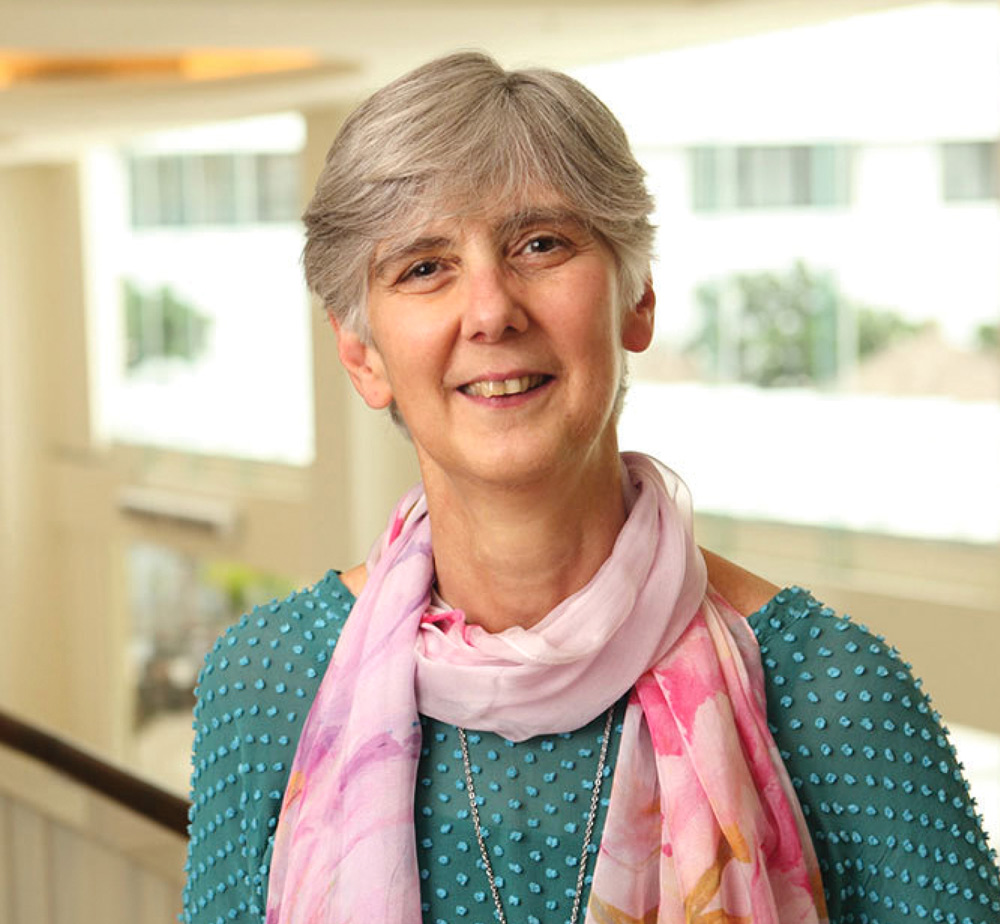Family Planning Matters

Voluntary family planning assistance has been a component of U.S. development assistance for more than 50 years for three reasons: Individuals have the right to freely choose whether and when to have children and how many to have; healthy timing and spacing of pregnancies has health benefits for women and children; and slower population growth has positive impacts on development.
USAID’s family planning and reproductive health program offers resources, training, and technical assistance to partner countries to design, fund, implement, and evaluate national and sub-national programs that expand voluntary access to contraception and related reproductive health services.
Today, approximately 29 countries receive the majority of the $600 million appropriated annually by Congress for U.S. family planning and reproductive health assistance, and almost as many countries have transitioned away from USAID assistance and now fund, implement, and evaluate programs on their own. Because of this, millions of people have better lives and more opportunities.
More than five decades of programming yields a lot of lessons. Among the most important is that organized, voluntary family planning programs are a good investment. They expand access to contraceptive information and services, particularly for those least able to pay. They save lives, improve health, and advance development.
I loved working at USAID. I learned something new every day about all that it takes to deliver a quality program that responds to the varied realities of women’s lives in places like Brazil, Yemen, or Cote d’Ivoire.
I worked with smart, motivated people — colleagues in the Office of Population, Foreign Service officers, and locally hired staff at USAID missions around the world, implementing partner staff and counterparts in partner-country and other donor governments. We all worked together to make the world a better place.
A few years ago, I came across the Japanese concept of ikigai, or “reason for being.” It is sometimes expressed as trying to live at the intersection of what you like to do, what you are good at, what you can get paid for, and what is good for the world. Working at USAID was that intersection for me.